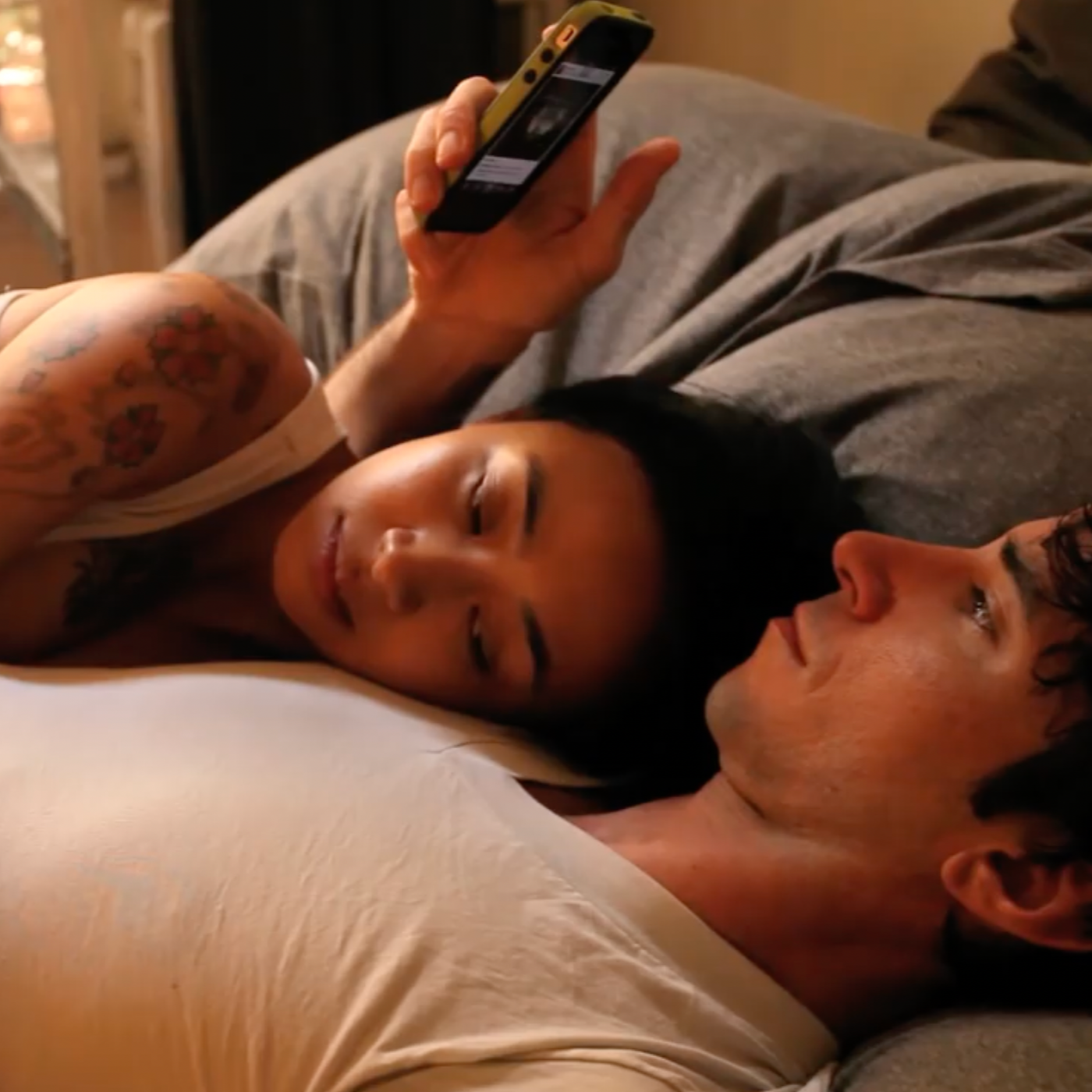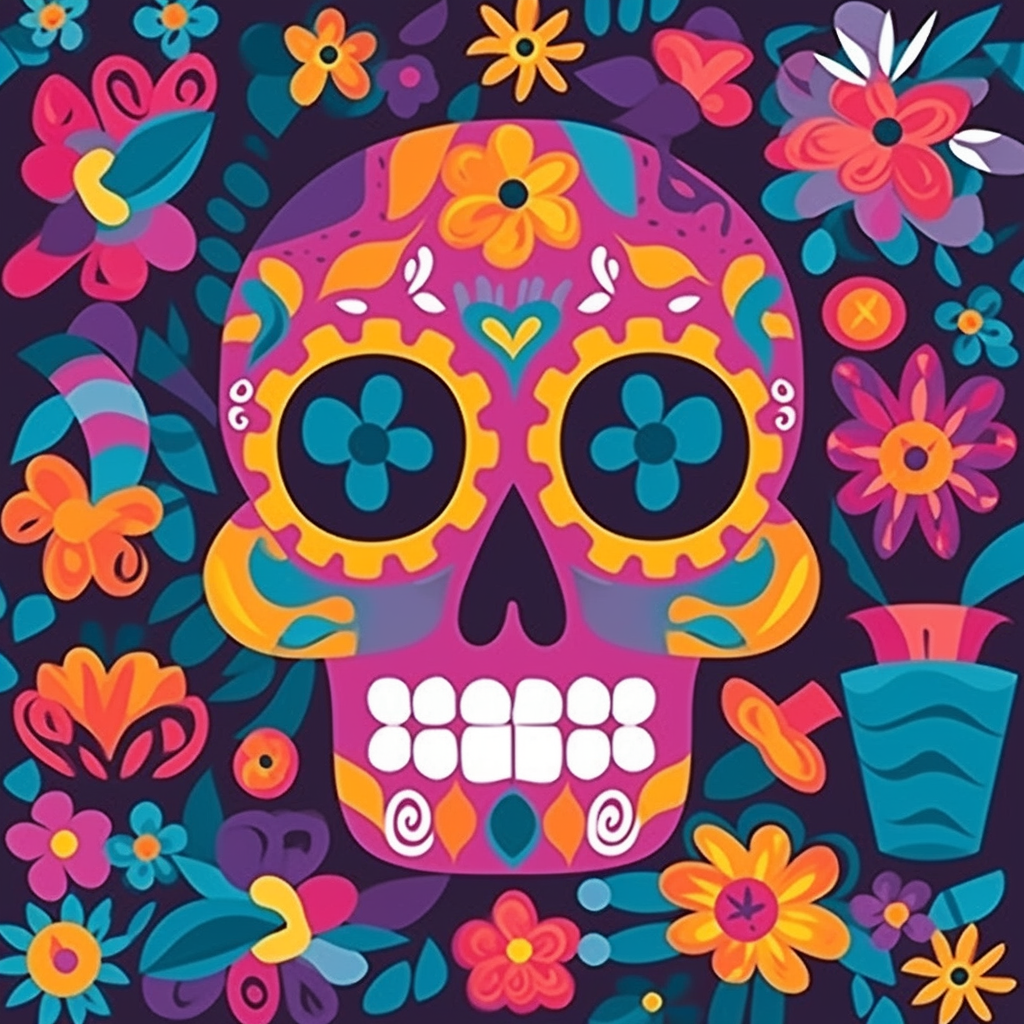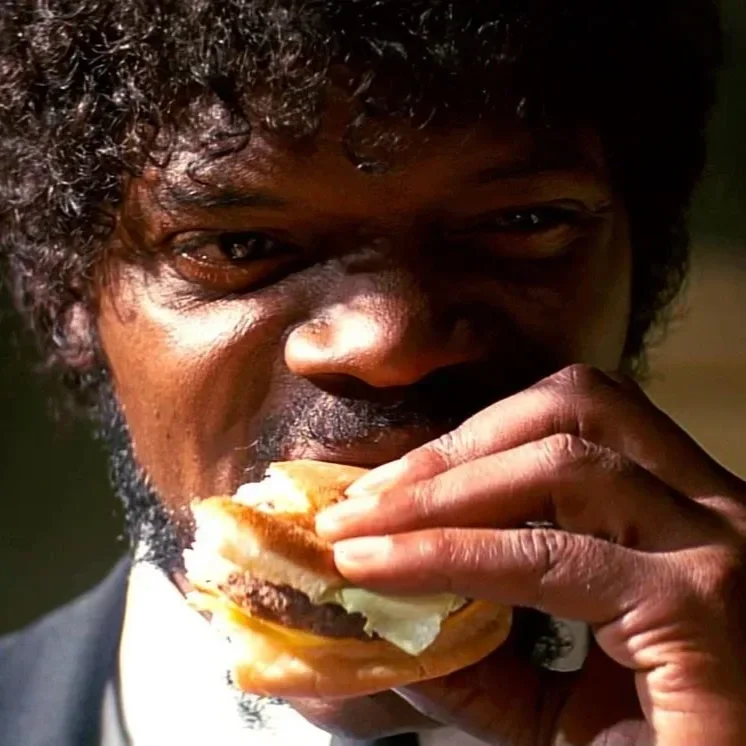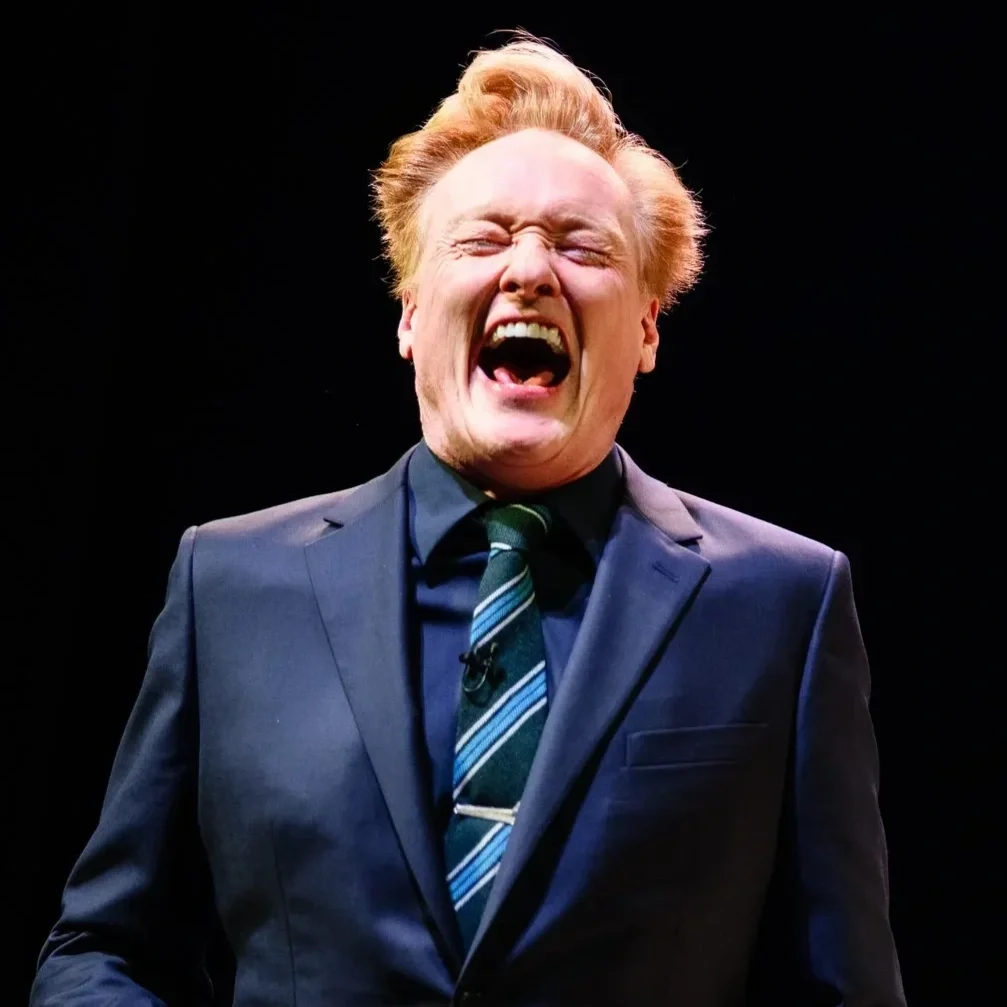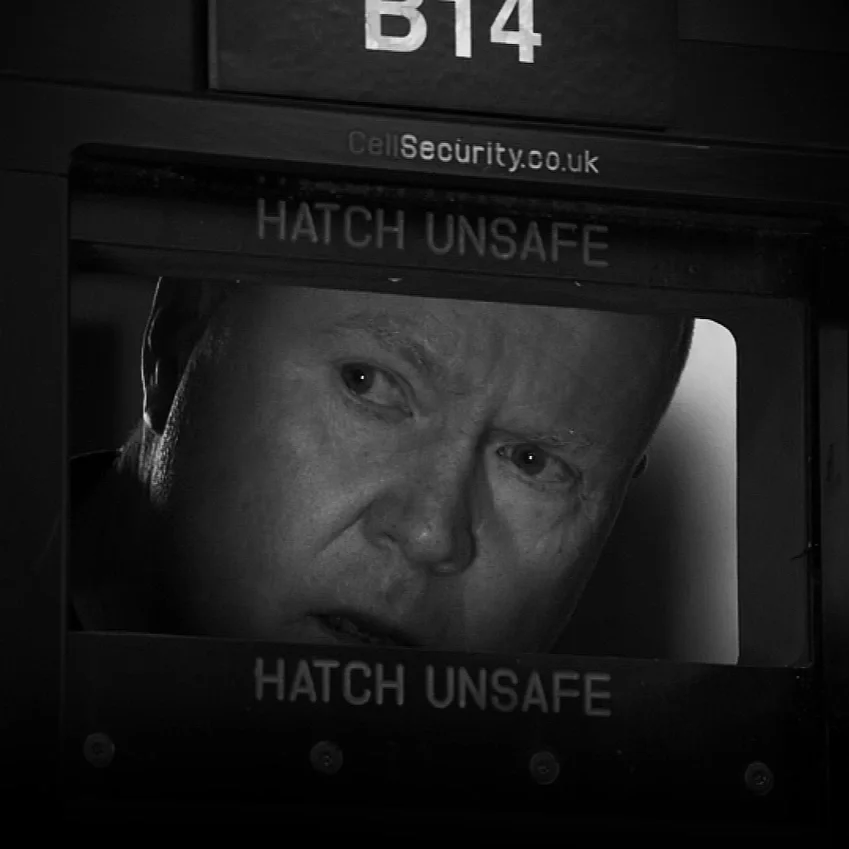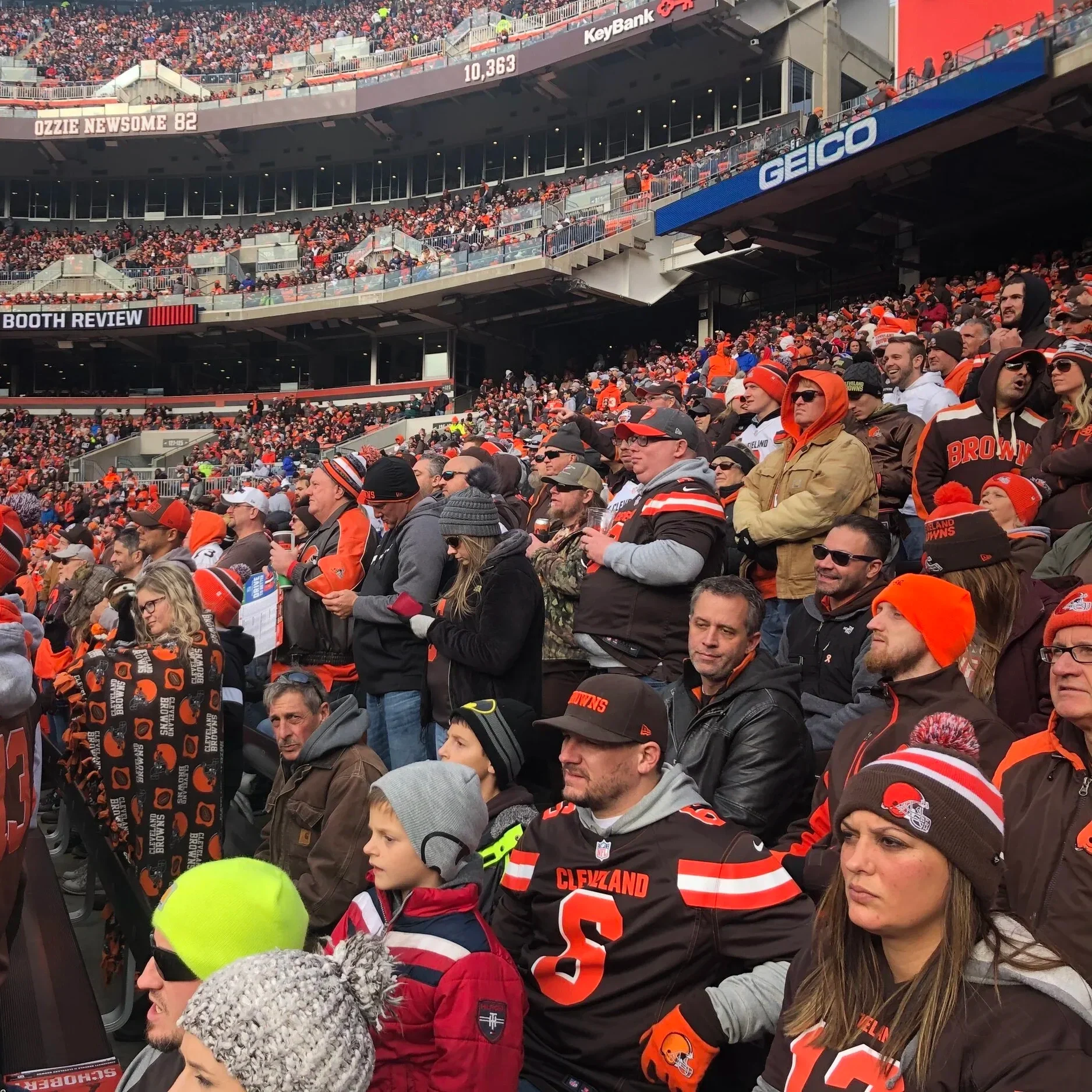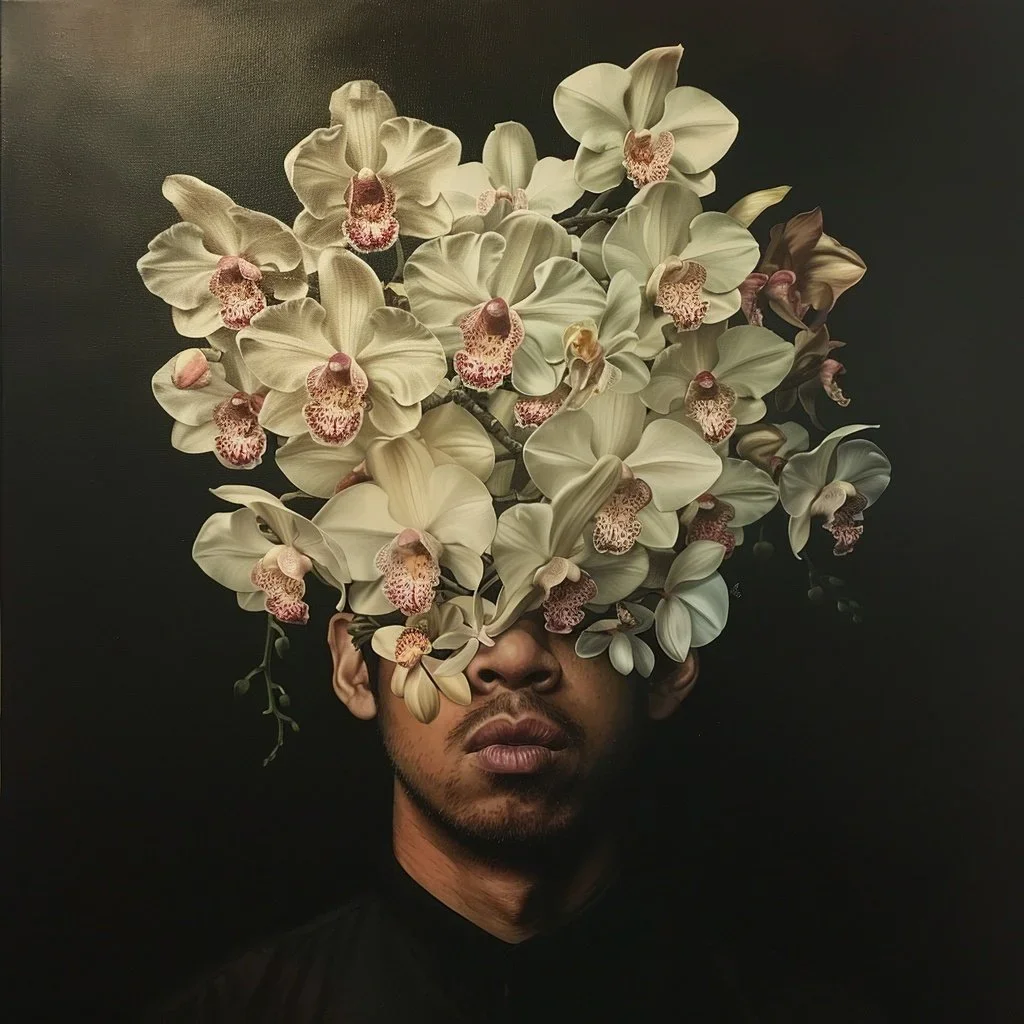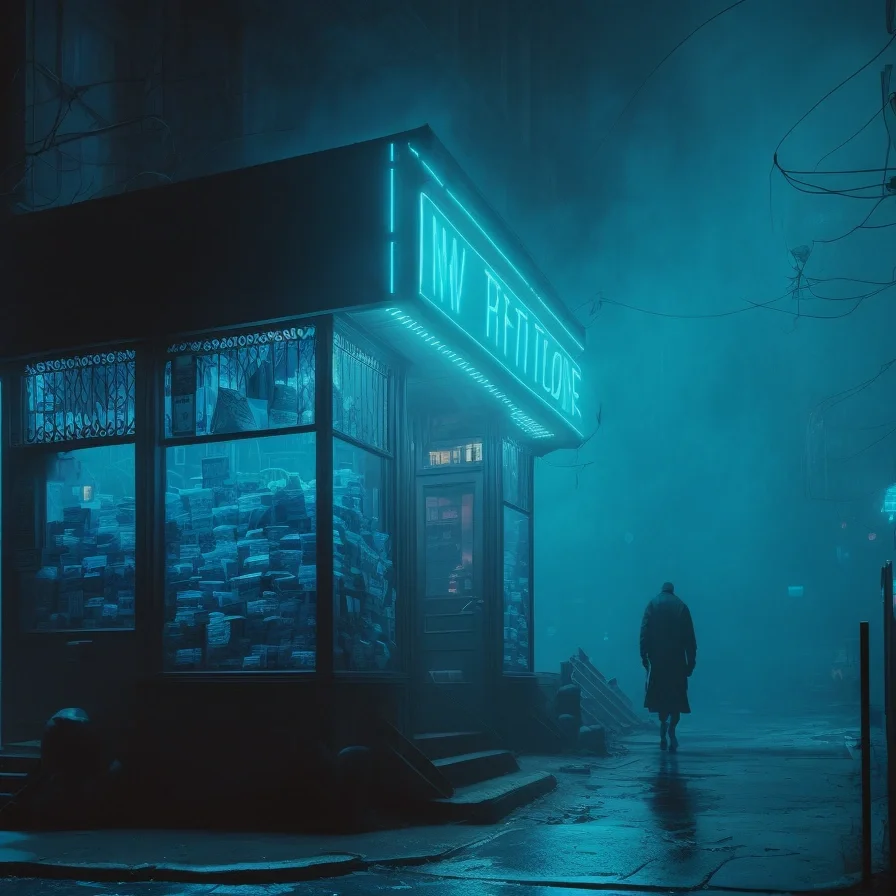The Thing Richard Told Me
Programming Note: While I write literally all day at work - emails, slack messages, whiteboards and more, I haven’t actually sat down and truly written anything in many years. Encouraged by my wife, Mary, to start sharing some of the stories of my life, especially with our daughter, Emma, I’m going to take on the challenge of writing down as much as I can remember about the moments which have been important to me along the way.
Emma, I hope one day you’ll read and enjoy these as much as I’ve enjoyed remembering them.
It’s early January 2002, and I’m in a bar in Battersea, South London. I am 28. It’s my leaving party from QVC. I am about to be very drunk. I am celebrating not just the past four years in London, but also my imminent emigration to Philadelphia, where I’ll still work for QVC, but from their main headquarters. It’s a big deal for me professionally and bigger still personally, but the reality of it all won’t really hit until months after I’ve moved.
Right now I’m still enjoying life too much, but a lot of it is bittersweet. I loved my team in London, and had hired them all, many of them straight out of school. We worked hard and played harder, and even now, decades later, I still think they were one of the best teams I ever worked with. They’ve all, of course, now gone on to incredible things of their own. Their own families, their own businesses, their own success. But in the bar tonight none of this has happened for any of us. The open bar drinks are flowing, and our orders are getting increasingly creative. The food to drink ratio is too low. It is a night which promises to destroy braincells but remain memorable forever.
I’ll end the night, in a London fashion more myth than real, passing out in the kebab shop and being poured into a taxicab with my address pinned to my shirt for the driver. Come on Shadders, let’s get you some air. Please look after this bear. I wake the next day between jobs on a crisp Richmond morning with a long list of relocation items to take care of. Today’s task: Sell my beloved Mini Cooper. Tomorrow: Decide what you’re not taking with you. Right now: A stiff cup of builders.
But of all the things I remember about that night, it’s what Richard told me that was the most powerful and meaningful. Richard was everyone’s boss, and had been instrumental in giving me as much opportunity as possible during my time at QVC. He’d created a space for me to innovate for the business while remaining creative, and gave me a seat at the table in the boardroom for the first time. He was the first leader I’d ever worked with who made me want to get up in the morning, often during the weekend, and get at it. He could be tough, but he was always fair, and he had a warmth about him where you knew that whatever the challenge, we were in it together. A lot of what we ended up building together had no precedent, but what I didn’t understand at the time was how determining those first steps would itself set the creative blueprint for how I’d become a leader myself. It’s also how I still pick my bosses. Richard modeled kindness as a means of inclusion, but was always deeply knowledgeable about what we were doing in a way which you always felt you were learning something.
Early in the evening of my leaving party, Richard could see, as he had often done before, what was about to happen around the corner. He knew that if we were going to chat, it had to be before things got messy. He took me to one side and told me as much. But then he said something. “Look Matt, if it doesn’t work out in America, they’ll always be a place back here for you”.
I never forgot it. The emotional safety which comes from someone else letting you know that what is about to happen is going to be tough, but that they’ve got your back, gives you a pre-built resilience and grit. Not to fail, but to succeed. It tells you they are still cheering you on, even though you’ve left. The safety net is its own motivation. Richard knew that what was about to happen in Philadelphia was going to be difficult. At the time he knew this a lot more than I did, and in many ways my innocence and ignorance through it all proved unexpectedly helpful.
I never needed the safety net, but I also never forgot the kindness of knowing it was there, even when things got tough in Philadelphia. Which they often did. It was clear early on that I wasn’t going to work at QVC for the long-term, but didn’t yet really understand what not working there would look like. I had fallen in love with a girl from West Philly, but for lots of reasons it just didn’t work out. I was having the time of my life living someone else’s dream, but was often unhappy. Things would get worse before they got better once New York came calling, but there I’d fall in love for the last time with the girl who’d become my wife. It’s that thing of knowing the fallback is there as a means of building confidence to never need it.
Unbelievably, there is a photograph of Richard telling me all of this. I had no idea at the time how much this moment would resonate with me, but here I am, decades later, still thinking about it. I am thankful that people like Richard exist in this world. I still use what Richard did for me to help my own teams. Just last week I told someone that if something they were working on didn’t work out, together we would find a way to figure out what happens next. And modeling Richard’s kindness and generosity, not just professionally, but simply as a good human, is something I have often tried to do. Richard’s retired now, but even if this is a legacy of one moment for one person, it made a difference. Which is what it’s all about. Good people do things for other people. That’s it. And like most of us, I don’t always get there, but when those moments surface, I always think back to that cold January evening in Battersea, being taken aside, sharing a pint, and the kindness of Richard’s safety net.
Latest Articles





